ISO NAME AND LOGO
Short name "ISO"
ISO, the International Organization for Standardization, own the registered trademarks for its short name, "ISO".
ISO®
ISO Logo
ISO also own the registered trademarks for the ISO logo.
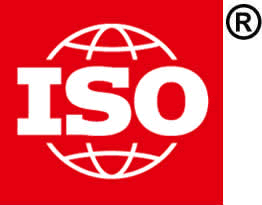
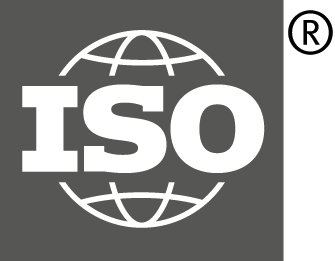
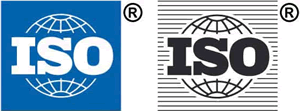
These trademarks for the ISO logo and short name are registered in over 100 countries. ISO's trademarks are well-known trademarks.
Use restricted to ISO members and technical committees only
Only ISO, ISO members, and ISO technical committees (TCs) are allowed to use the ISO logo and ISO short name in accordance with ISO Policies. ISO members and ISO TCs may contact them at logo@iso.org to find out how to best use our trademarks.
All others are generally not allowed to use ISO’s trademarks. See the “Use guidelines: ISO's logo and short name” section on this page for more details.
ISO's brand and reputation: quality, confidence, and trust
For standards users, customers and consumers, ISO means quality, confidence, trust, safety and many other positive values. That is why the International Organization for Standardization and its members care about how ISO's trademarks are used and whether unauthorized use of the ISO trademarks could mislead, create false impressions, or cause confusion.
ISO and its members (located in many countries worldwide) will take appropriate action if we consider the misuse of ISO's trademarks puts their reputation at risk.
Use guidelines: ISO’s logo and short name
For all others except ISO members and ISO technical committees (TCs), here are some non-exhaustive guidelines to help you avoid misusing ISO's trademarks. (ISO members and ISO TCs may use ISO’s trademarks according to ISO Policies).
ISO Logo
- Don't use or copy the ISO logo.
- Don't modify or change the ISO logo.
- Don't use a modified or changed ISO logo.
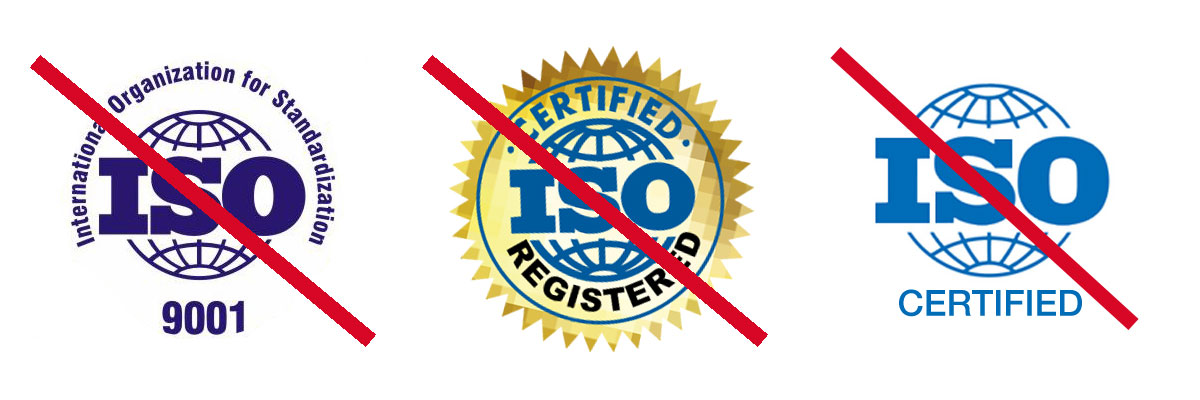
ISO Logo usage
ISO short name
- Don't register "ISO" as, or in, your domain name, website, or company name.
- Don't use "ISO" as, or in, your product or service name.
- Don't say that you, your products or your services are endorsed, approved or certified by ISO. (Remember, ISO doesn't perform certifications.)
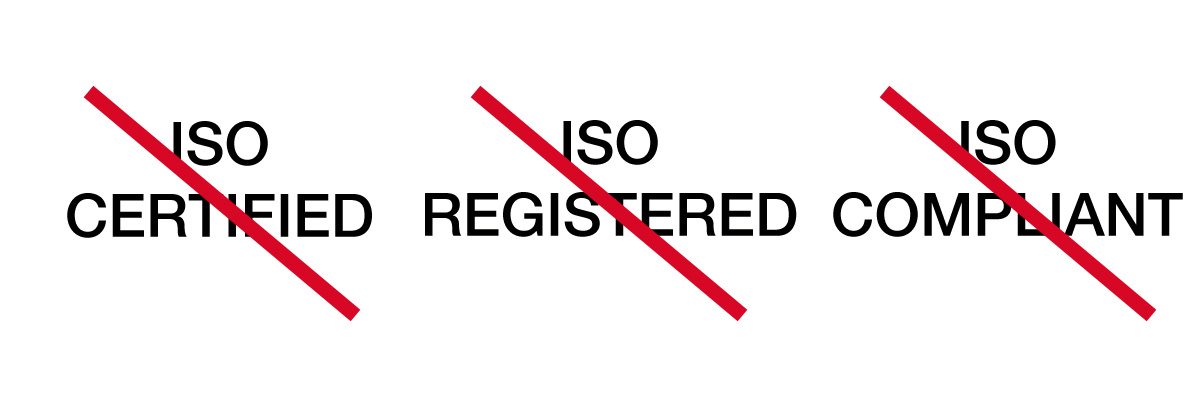
- Do refer to ISO or the International Organization for Standardization in a fair and appropriate way.
- Do refer to ISO standards with their full reference, e.g., "ISO 9001:2015".
Source: iso.org

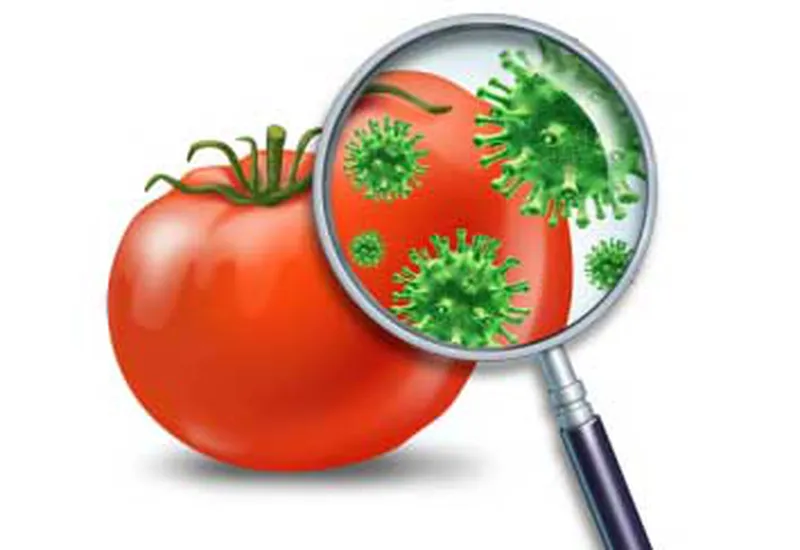
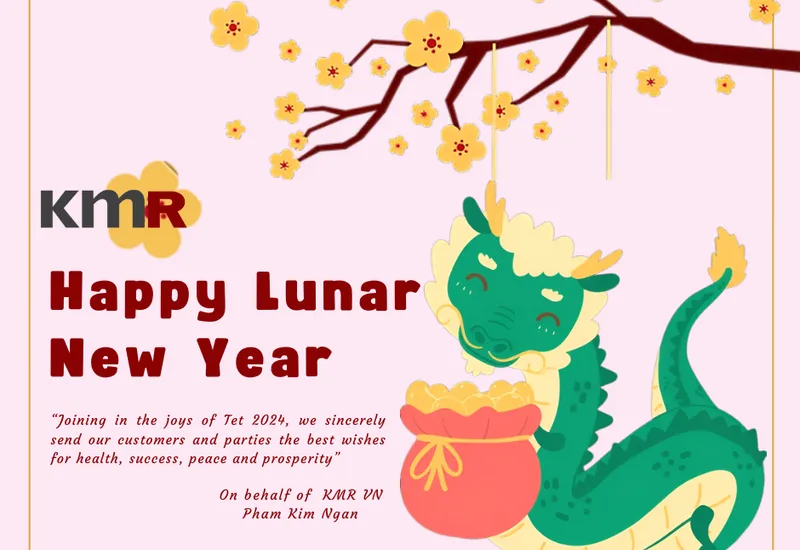
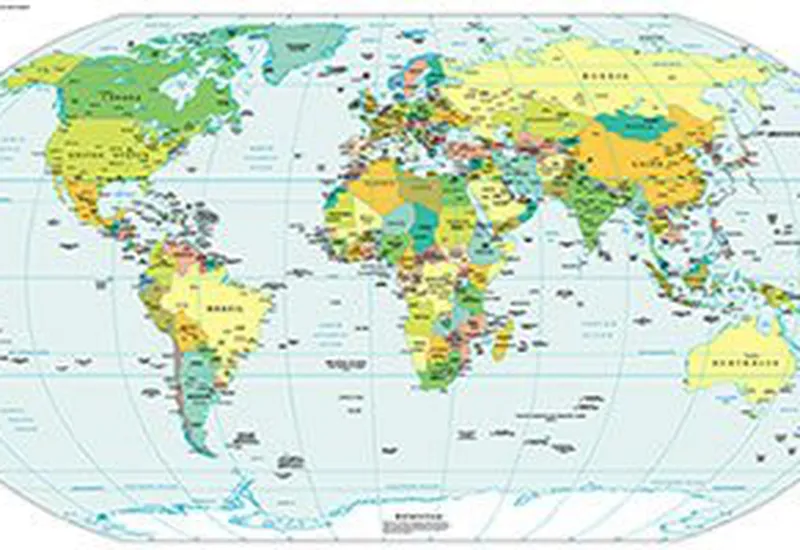

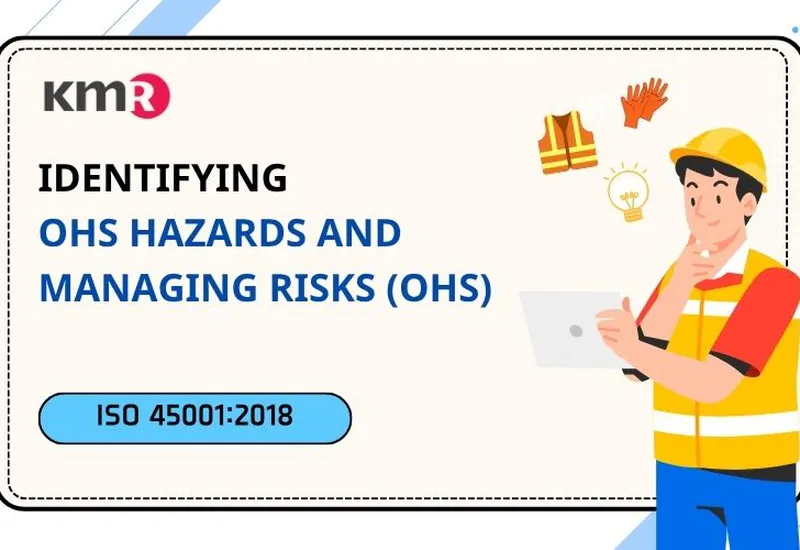
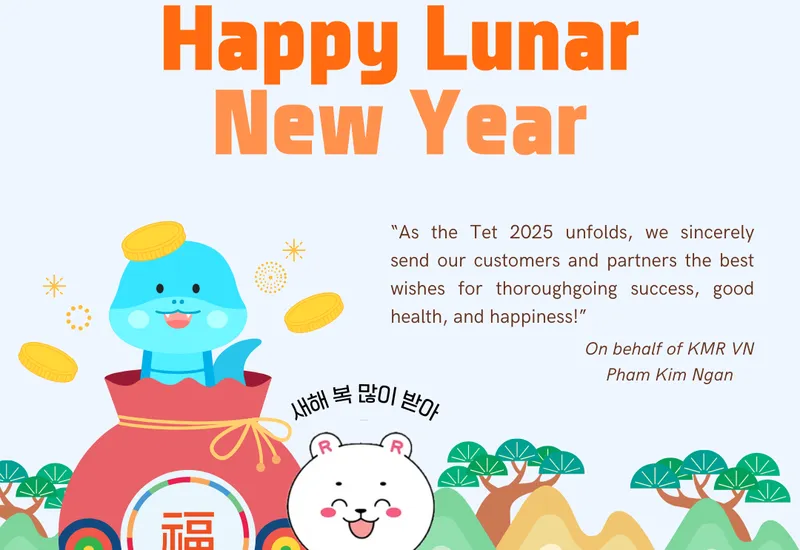

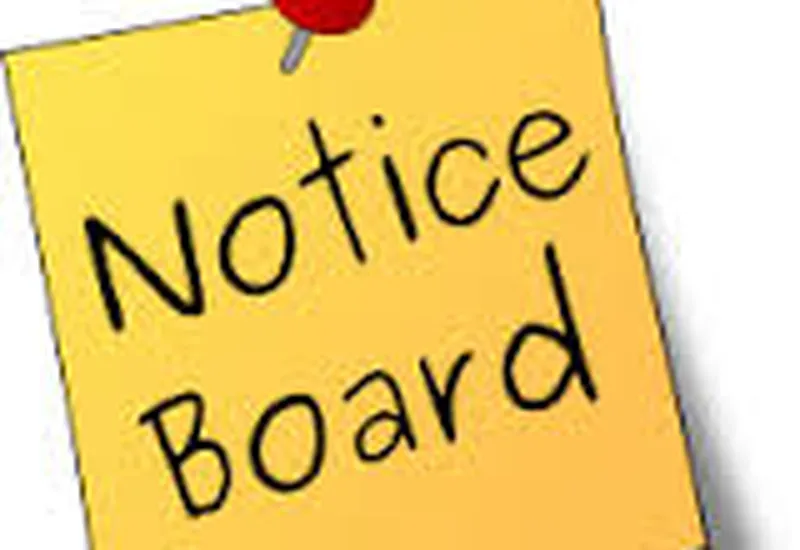


main.comment_read_more